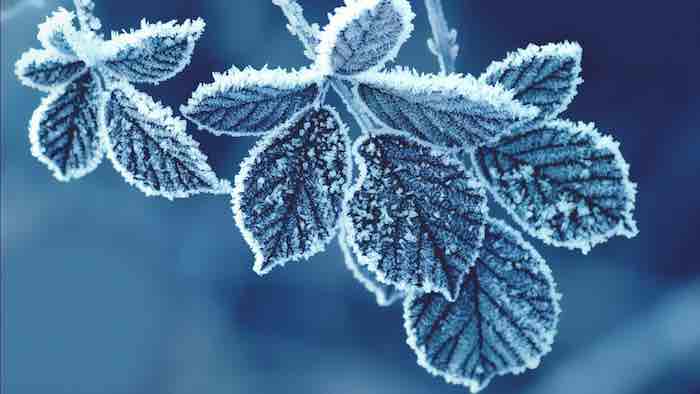Salts and Sands
Questions Often Asked: Snow and Ice

Rain is a four-letter word--and so is snow. But ice is just three letters . Unless that is one slips on it. As Carl Reiner once opined, "A lot of people like snow. I find it an unnecessary freezing of water." You could, as New Zealanders do, wear socks over your shoes. Or, as The City of Toronto once urged, "Be nice--clear your ice." Ah yes, but what with?
The old and pervasive answer is, of course, with the iconic sodium chloride--salt. It melts ice by reducing the freezing point, dissolving liquid water in the ice. It is also highly corrosive to infrastructure--and an extremely effective if often unwanted herbicide.
In those parts where, in the words of Charlie Farquharson, it is "cold enough to freeze the knots off a pine," calcium chloride works at lower temperatures than its sodium cousin. It is also a better choice to use on concrete driveways and walkways.
Even better would be magnesium chloride which is even less damaging to plants, concrete and the environment in general. However, both can cause damage to carpets and wood floors when tracked indoors. They are also more expensive than common salt.
An old gardener's notion was to purchase two bags of lawn fertilizer in fall sales. Placed in the trunk of his car over the wheel wells, they offered assistance in his own driveway and elsewhere in cutting through ice while adding extra weight where most needed.
Sand or grit also reduces risk of slipping and sliding. However, many municipalities discourage such use as it later washes into storm sewer systems, causing blockages. And it won't melt ice into the mess that greets northern dwellers every winter, not even ameliorated by the delightful Tallulah Bankhead proclaiming, "I'm as pure as driven slush."
Others that have been tried and indeed work, if rather deep on the pocketbook, include sugar, water softner salt, and even Epsom salts. The last is certainly safe around plants--it provides the element, magnesium, essential in more salubrious climates for photosynthesis within the plant cell.
And it is true that bleach will melt ice but it is horribly corrosive. Not so one of the latest offerings to find use on winter highways and byways: beet juice. Considered a natural alternative to sodium chloride, its eco-friendly status has recently been questioned. Research has shown it to have possible detrimental effects on nearby aquatic insect populations.
There are other climates, of course, where the only ice is likely to be in a drink, temperatures never dip below double digits and snow shovels are a mystery. Unfortunately the natives there--six-, four- and two-legged--are distinctly dangerous.
Wes Porter -- Bio and
Archives |
Comments
Wes Porter is a horticultural consultant and writer based in Toronto. Wes has over 40 years of experience in both temperate and tropical horticulture from three continents.
 Rain is a four-letter word--and so is snow. But ice is just three letters . Unless that is one slips on it. As Carl Reiner once opined, "A lot of people like snow. I find it an unnecessary freezing of water." You could, as New Zealanders do, wear socks over your shoes. Or, as The City of Toronto once urged, "Be nice--clear your ice." Ah yes, but what with?
The old and pervasive answer is, of course, with the iconic sodium chloride--salt. It melts ice by reducing the freezing point, dissolving liquid water in the ice. It is also highly corrosive to infrastructure--and an extremely effective if often unwanted herbicide.
Rain is a four-letter word--and so is snow. But ice is just three letters . Unless that is one slips on it. As Carl Reiner once opined, "A lot of people like snow. I find it an unnecessary freezing of water." You could, as New Zealanders do, wear socks over your shoes. Or, as The City of Toronto once urged, "Be nice--clear your ice." Ah yes, but what with?
The old and pervasive answer is, of course, with the iconic sodium chloride--salt. It melts ice by reducing the freezing point, dissolving liquid water in the ice. It is also highly corrosive to infrastructure--and an extremely effective if often unwanted herbicide.